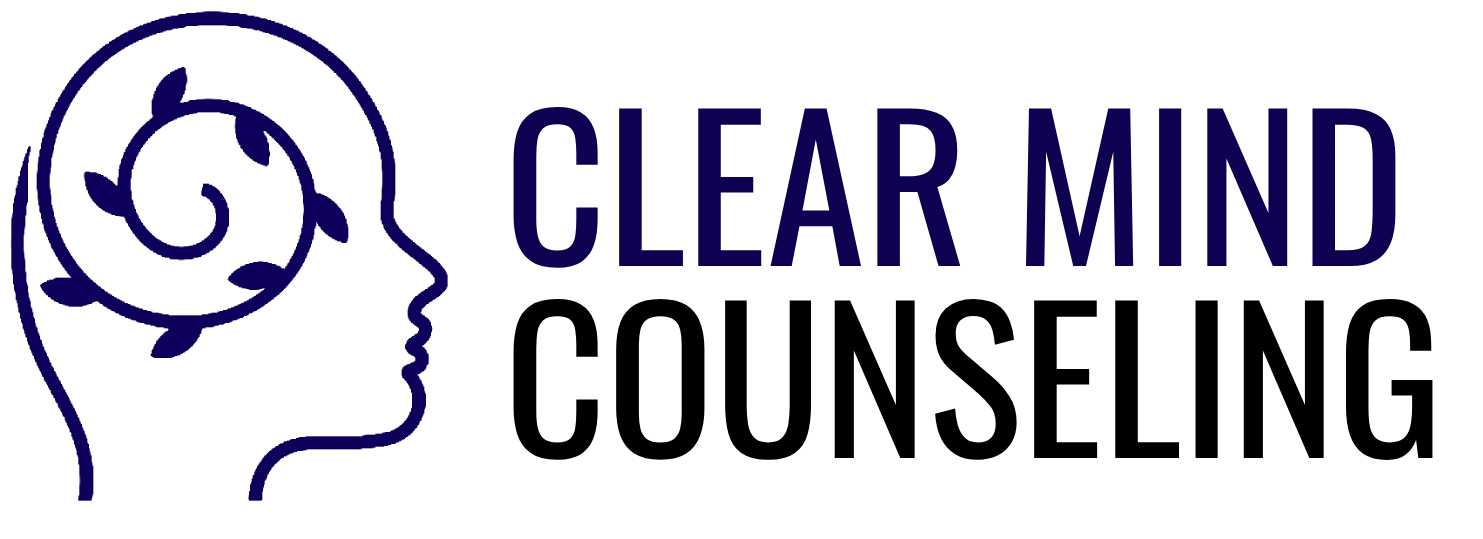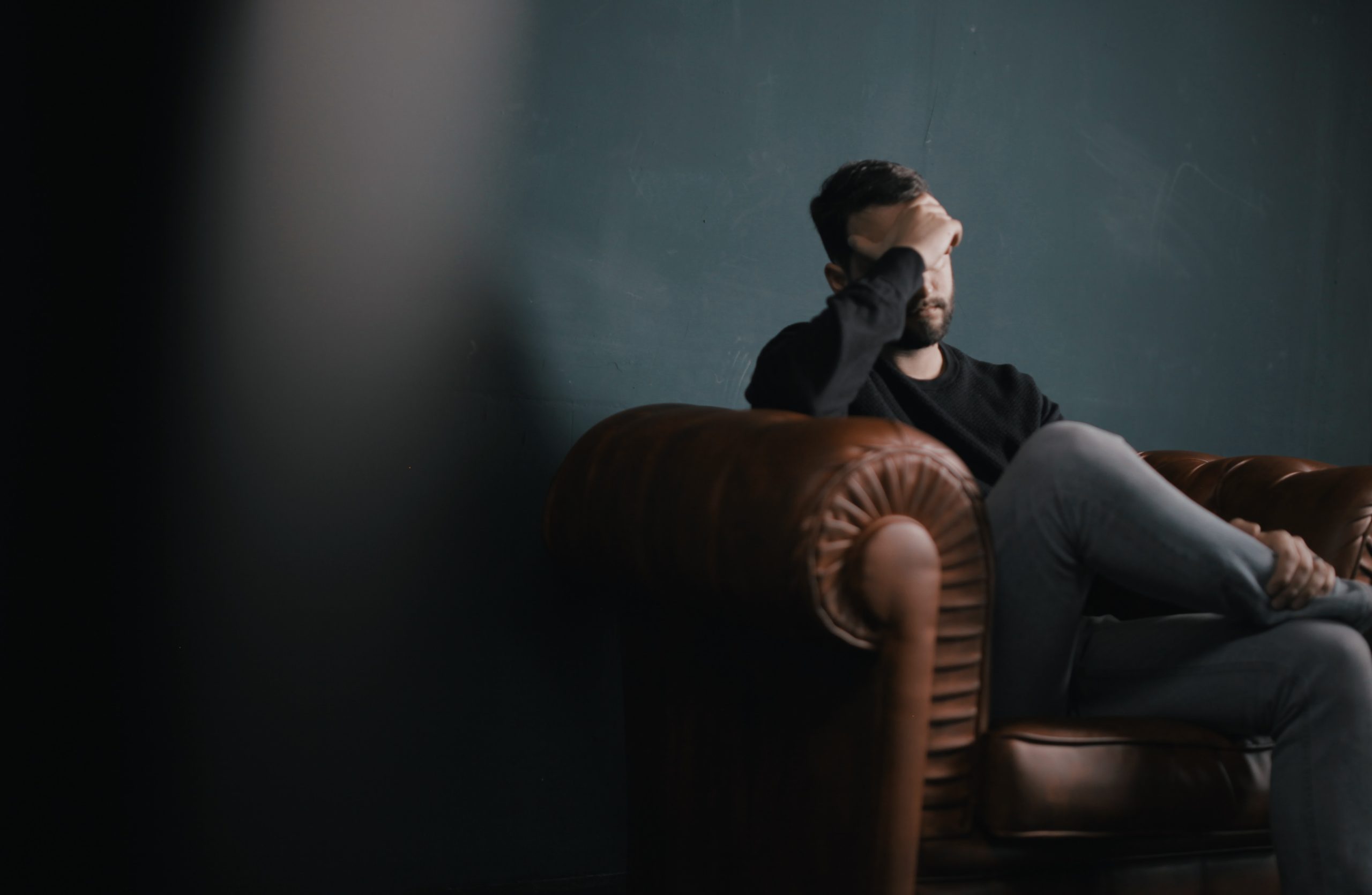What is anxiety?
Anxiety is one of your body and brain’s survival mechanisms. The emotion and discomfort of anxious feelings helped primitive man notice impending danger and flee from it and avoid taking dangerous risks.
Modern people are not often in physical danger in the same way as primitive man was and we experience chronic stress and social risks rather than attacking lions and bears. Anxiety is not the key to human survival like it used to be and can cause problems at work or in relationships.
What are the signs of anxiety?
The following is an inventory of anxiety symptoms that I give to my patients when we start discussing their\anxious feelings. If they answer yes to three of my questions, they probably suffer from moderate anxiety.
- Have you experienced excessive worry or anxiety about a variety of events, topics, or activities for 6 months or more?
- Is your worry very challenging to control?
- Are you often edgy or restless?
- Do you tire easily or are you more fatigued than usual?
- Does your mind go blank and do you have trouble concentrating at work or school?
- Do you feel irritable? This may or may not be observable to others.
- Do you have increased aches or soreness or digestive problems?
- Do you have difficulty with sleep due to trouble falling asleep or staying asleep, restlessness at night, and/ or unsatisfying sleep?
When should you help someone with anxiety?
A person needs help with anxiety when anxiety is interfering with their social and professional life or other aspects of their daily functioning.
When anxiety is affecting them physically such as causing fatigue, insomnia or digestive issues
When they are turning to drugs or alcohol to manage their anxiety symptoms.
What are specific ways you can help someone with anxiety?
People whose anxiety is interfering with their daily lives, causing physical symptoms or are abusing substances to manage their anxiety should see a medical doctor to rule out medical causes of their anxious feelings like overactive thyroid, low blood sugar, or heart issues.
After ruling out medical issues, they should be encouraged to ask their doctor or another source, for a referral to a mental health professional who has expertise in treating Anxiety Disorders.
Anxiety is actually the most common mental health issue but it is also the most treatable. Psychological interventions such as Cognitive Behavioral Therapy and Dialectical Behavior Therapy are very helpful for managing anxiety. Therapists may also recommend that their anxious clients see a psychiatrist for anxiety medication.
Other avenues that people with anxiety disorder can explore are practicing mindfulness, medication and increasing self-care. Each person is different, and stress and anxiety manifests in different ways, so it’s important to find a strategy that works for you.

